

It probably doesn’t come as a shock that productivity researchers are always looking for new ways to use their time wisely. They need guidance just like the rest of us, said Sahar Yousef, a cognitive neuroscientist and lecturer at the Haas School of Business at the University of California, Berkeley. “The moment you think you actually know it all, it’s usually a sign you know very little.” Reading books on productivity, Dr Yousef said, can offer both practical tips and “a shift in perspective.”
We asked organizational psychologists, researchers and business school professors for the titles that have helped them in their professional and personal lives. Their favorites are below — some of the recommendations are classics, while others may be new to you.

1. Get It Done, by Ayelet Fishbach
This 2022 title, written in a warm, engaging tone, is “jam-packed with value” said Katy Milkman, a professor at the Wharton School of the University of Pennsylvania. Dr Fishbach, a behavioral psychologist who studies motivational science, is “arguably the world’s foremost expert on motivation,” Dr. Milkman said.
Dr Fishbach explores the idea that many people think they should pursue goals in the most efficient way possible, but we’re more effective “when we find a more enjoyable and less efficient path,” Dr Milkman said, adding that “if we enjoy goal pursuit, we persist longer.”
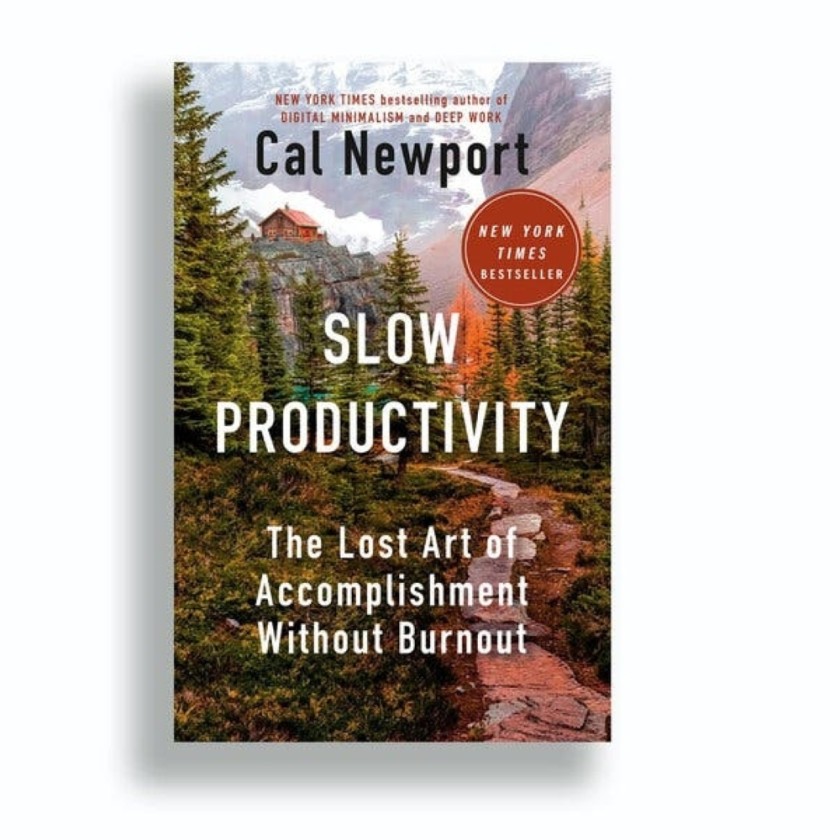
2. Slow Productivity, by Cal Newport
Several experts recommended books by Cal Newport, a professor of computer science at Georgetown University, including his 2024 book “Slow Productivity.” The book is organised around three principles: Do fewer things, work at a more natural pace and focus on what Dr. Newport calls “impressive quality, rather than performative activity.” “This leads to deeper thinking, increased creativity and innovation and less stress,” said Kandi Wiens, a workplace researcher at the University of Pennsylvania.
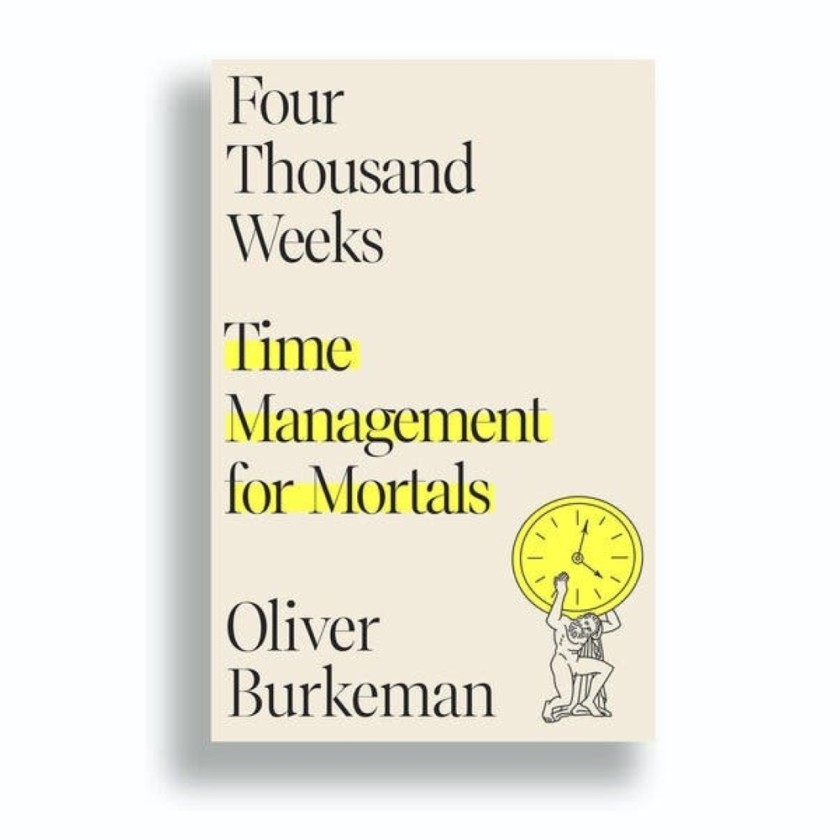
3. Four Thousand Weeks, by Oliver Burkeman
A line in this 2021 book sets up its premise: “The average human life span is absurdly, terrifyingly, insultingly short,” Burkeman writes. (On average, it’s around 4,000 weeks, hence the title).
How, then, should we best use those weeks? As Burkeman writes, “the real measure of any time-management technique is whether or not it helps you neglect the right things.” In the crowded field of productivity books, this is a “unique gem,” Dr Yousef said. “Once we realize that we can’t do it all and shouldn’t even try, we unlock a new ability to prioritize what matters most.”

4. Getting Things Done, by David Allen
This book is useful to keep on your desk and consult “when you’re feeling overwhelmed, especially in today’s world when there’s so many distractions,” said Yollanda London, the chief business development and planning officer at Yale School of Medicine. “It helps me get back and center myself.” First published in 2001, “Getting Things Done” is a classic. “It has the core principles of many productivity books,” Ms. London said, such as making a to-do list, breaking big tasks into smaller ones and determining your priorities. “These skills are, in a sense, sort of logical, but you just need those reminders,” Ms. London said.
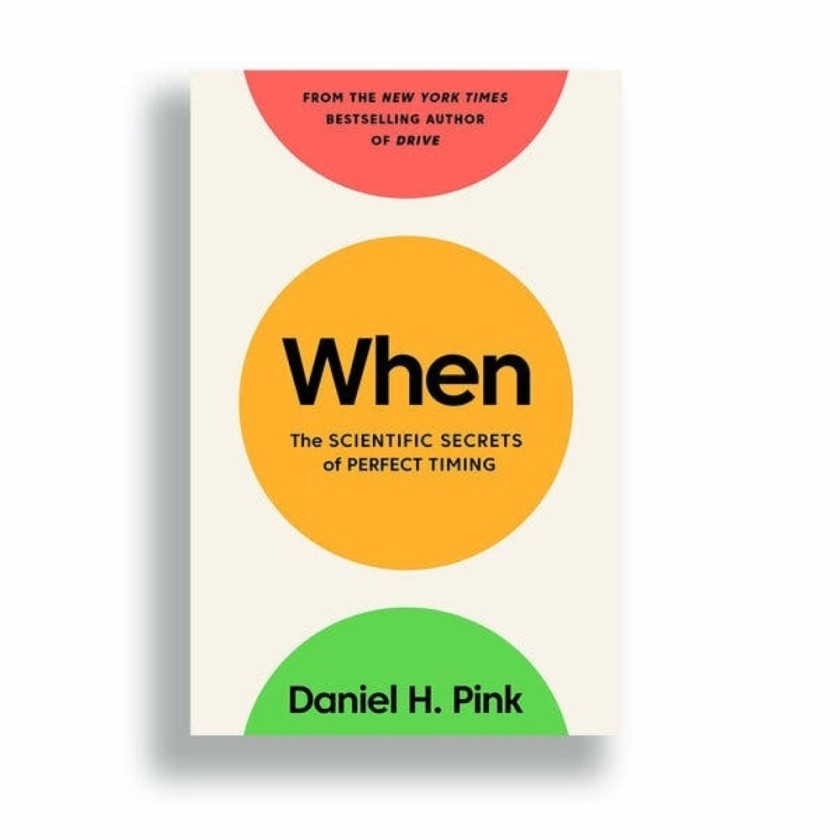
5. When, by Daniel H. Pink
In this 2018 book, Daniel Pink writes that our lives are a series of “when” decisions — when to change jobs, when to start a family — that we often make based on intuition and guesswork. But, he writes, timing is a science, and we should utilize it for decisions big and small.
One of the main points in the book explores “how our internal clocks and circadian rhythms significantly impact how productive we are at different times of the day,” said Laura Mae Martin, an executive productivity adviser at Google, adding that the book changed “everything” for her. “It was the first time I really understood that not all time slots are created equal,” she said.
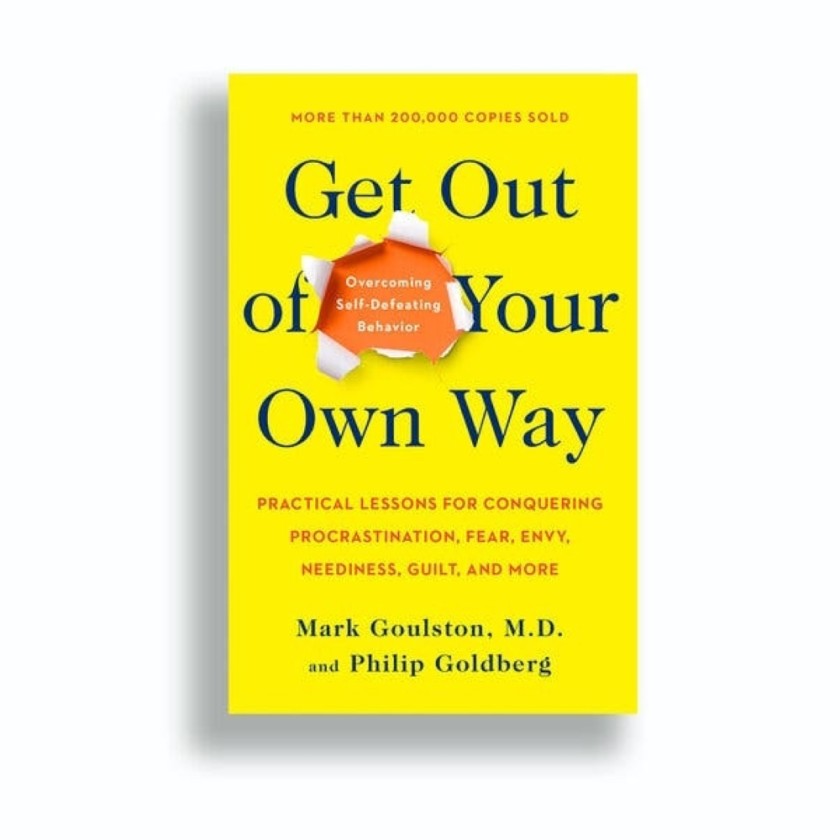
6. Get Out of Your Own Way, by Mark Goulston and Philip Goldberg
This 1996 book is a guide to overcoming 40 of the most common forms of self-sabotage, said Preston Lindsay, an organisational psychologist and assistant professor at Rutgers University.
The authors delve into the psychological origins of self-sabotage and explore how early life experiences, cognitive distortions and emotional patterns perpetuate cycles of self-defeat, Dr. Lindsay said. For those in the field of organizational productivity, he added, “the relevance of ‘Get Out of Your Own Way’ cannot be overstated.”
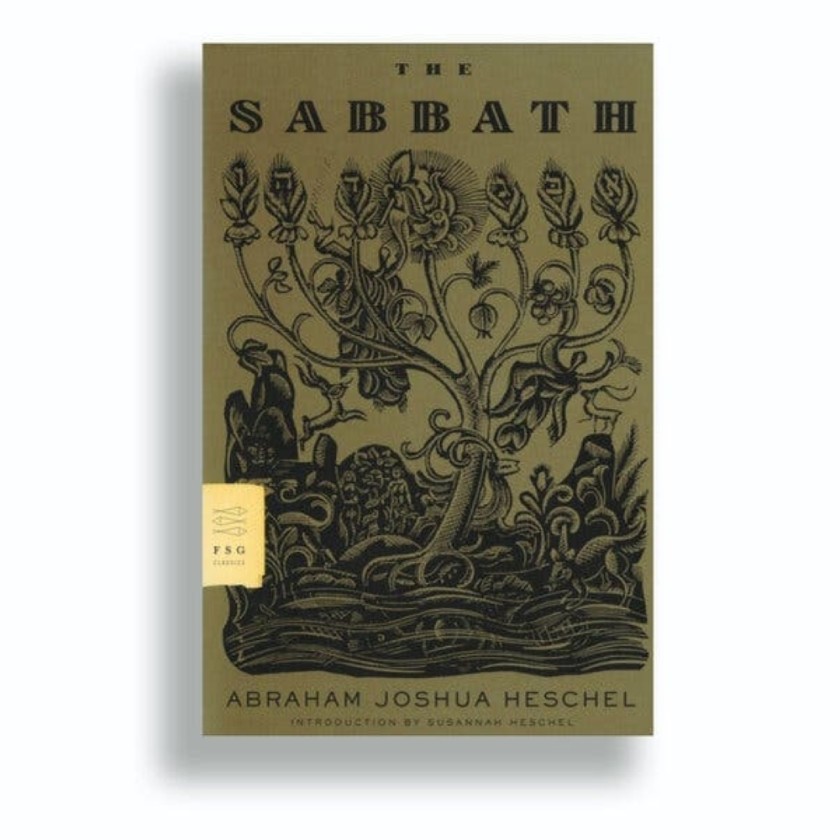
7. The Sabbath, by Abraham Joshua Heschel
While Cal Newport’s work was recommended by several experts, Dr Newport’s own favorite book on productivity is, he said, “perhaps unexpected.”
“The Sabbath” is a classic meditation, published in 1951, in which “Heschel argues for the importance of a weekly day of rest — what he calls ‘a palace in time,’” Dr Newport said.
He added that the book emphasizes that “you don’t rest to prepare for more work later, but instead to make sure you haven’t forgotten everything else that makes life sacred and worthwhile.”
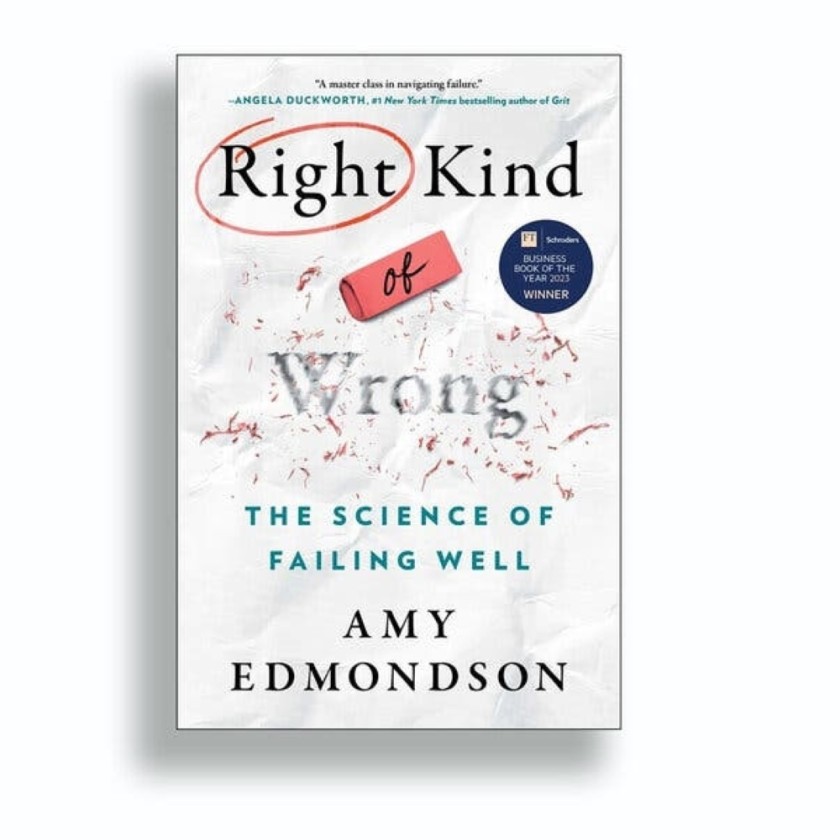
8. Right Kind of Wrong, by Amy Edmondson
Sarah Wolfolds, an assistant professor of strategy at the Cornell SC Johnson College of Business, said that fear of failure can trip up her productivity. “I’m most likely to put something off, and not accomplish the task at all, if I’m afraid of making a mistake,” she said. Dr Edmondson’s 2023 book, which demonstrates how to “fail well,” made Dr Wolfolds realize that “learning to embrace failure is key to productivity,” she said. That includes “quickly acknowledging and owning” when you’ve made a mistake, rather than avoidance, which actually exacerbates the problem, she said.
Oman Observer is now on the WhatsApp channel. Click here



